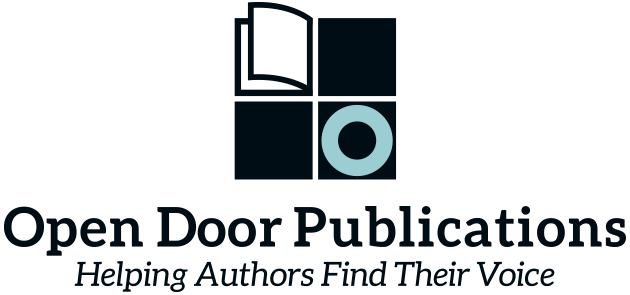 In yesterday’s post I asked the final question, “What message do you want your readers to gain from your book?” What is the one, most important idea or theme you want your readers to take away with them when they read the final page?
In yesterday’s post I asked the final question, “What message do you want your readers to gain from your book?” What is the one, most important idea or theme you want your readers to take away with them when they read the final page?
I find that many people confuse subject and theme. How does one differ from the other? The subject is the topic of your book―fly fishing in the Great Lakes, for example, or how to sell more widgets. Your theme is the message you want your readers to remember. It is your purpose, the reason you are writing your book.
Remember those high school English classes where you had to write compositions on the theme of exciting books such as Billy Budd or The Crucible? No one could have hated writing those essays as much as I. Maybe that’s why it took me years to admit that all writing—no matter how short or how long—must have a theme or purpose. If you don’t have a purpose, why write at all? Once I learned this lesson, I became a better writer.
Remember, your theme is different than the subject of your work. Your subject is the topic that you are writing about. Your theme is why you are writing about it. To find your theme ask yourself these questions:
- What knowledge would I like my readers to gain from reading my book?
- What do I want them to think or feel?
- What actions would I like them to take after reading my book?
There are many reasons for writing a book. You may want to persuade your readers toward your opinion, introduce a new idea or help them to gain knowledge of a product or process. A few examples will explain it best:
- The theme of a book on salesmanship might be: “It is easy to increase your sales closing ratio by using these ten steps.”
- A book designed to introduce beginners to economic theory could be: “Making sense of supply and demand is important for an understanding of both global and local economics.”
- A life coach might have this theme: “Whether large or small, each of the choices we make has an impact on our lives.”
- A theme for a fiction book aimed at middle school readers might be, “all actions have consequences.”
- A theme for an adult fiction book could be, “with compassion comes forgiveness.”
Write down the theme of your book, and again, post it where you can see it easily each time you write.
Notice that each of the themes that I used in the earlier examples was only one sentence long. How long was your theme?
The first time you write the theme for your book it may take you a paragraph or even two. That’s an excellent place to start, but if it has taken you that many words to describe your theme, you are either not clear about what your purpose is, or you are attempting to include too many themes or purposes for your book. I call this the “everything including the kitchen sink syndrome” in book writing.
Take a look at your paragraph and try to condense it. If you are having trouble, ask a friend to help you. Rewrite it, cutting out any ideas that are not essential. Don’t stop until you can state your theme in one to two sentences.
Let us know how you are doing with your November Writers’ Challenge. Tell us about your goal. If you would like to receive daily tips on how to accomplish your writing goals send an email to info@OpenDoorPublications.com. Or just tell us more about what you are working on this month. Send a tweet to @Publisher_KHM, send an email to info@OpenDoorPublications.com, write a post to the ODP’s Facebook page. Let’s all join together and spend the month of November writing!
